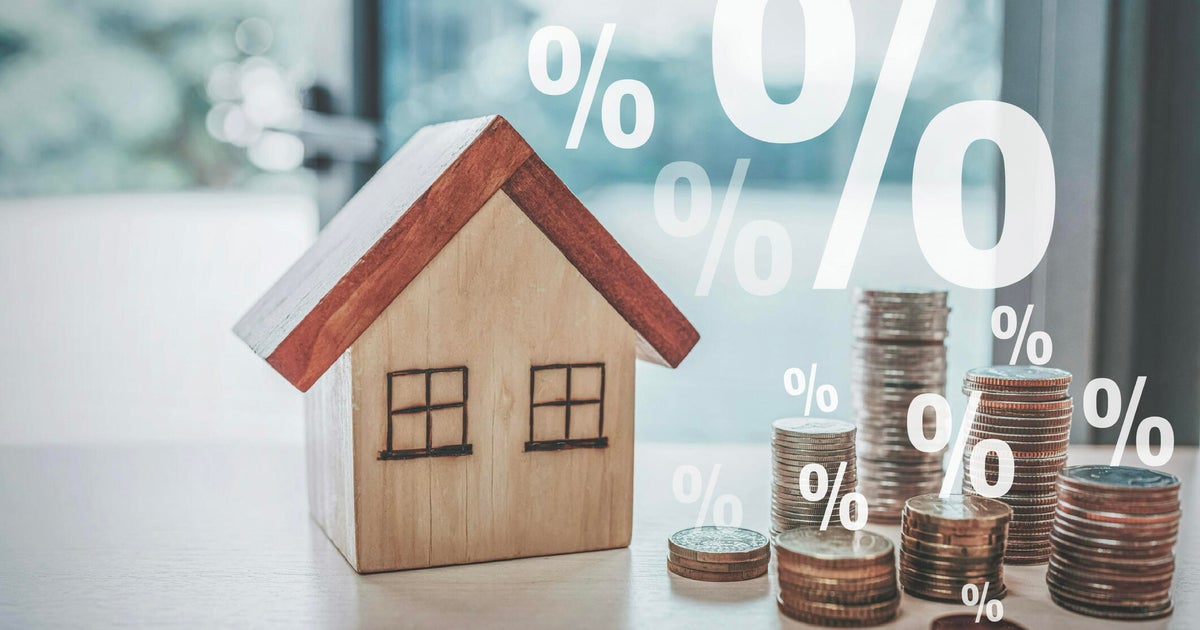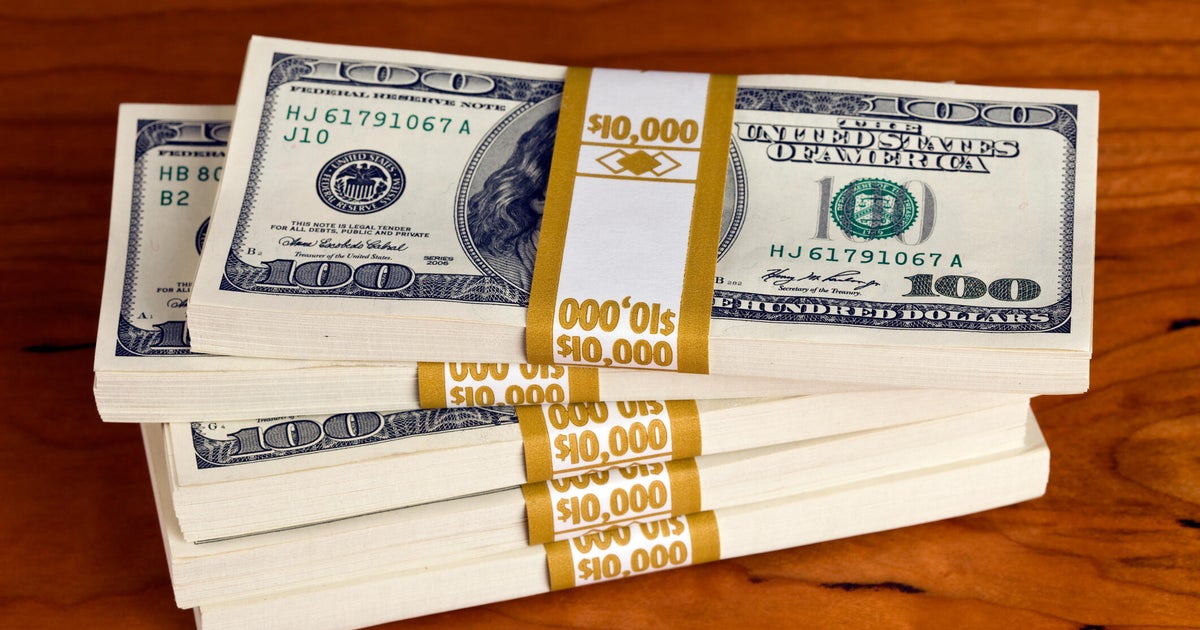Federal Reserve expects interest rates to stay near zero through 2023
The Federal Reserve expects to keep interest rates near zero until at least 2023 to help reinvigorate the coronavirus-stricken economy, the central bank announced Wednesday in opting to leave rates unchanged.
The widely expected decision to stand pat on interest rates is in line with the Fed's recent policy shift. The central bank has said it plans to keep rates near zero for the foreseeable future as it tries to boost inflation above 2% in a bid to prop up the labor market. In addition, it will no longer preemptively raise interest rates when the economy approaches full employment, but will instead wait for evidence of price increases.
The Fed's benchmark rate target,which affects borrowing costs for homebuyers, credit card users and businesses, currently ranges between zero and 0.25%.
In considering future rate changes, the Fed said it will "take into account a wide range of information, including readings on public health, labor market conditions, inflation pressures and inflation expectations, and financial and international developments."
Speedier recovery?
While it expects to hold interest rates near zero, the Fed sees the economy recovering much faster than it predicted earlier this year. Fed officials project that the nation's unemployment rate, now 8.4%, will fall to 7.6% by year-end and to 4% in 2023. That would still be higher than before the pandemic — in February unemployment was 3.5%, near a 50-year low, before infections started to soar in March.
"For the last 60 days or so, the economy has recovered more quickly than expected. Can that continue or not? We don't know at this point," Fed Chairman Jerome Powell told reporters on Wednesday in a virtual press conference, noting that a full recovery is unlikely until the coronavirus is eradicated.
"There are areas of the economy that will really struggle until we get a vaccine that's in wide usage," he said, nodding to sectors like travel, retail and restaurants that rely on in-person interactions.
Powell also indicated the Fed wanted to see the labor market return to its pre-pandemic state of widespread employment and rising wages before it would consider dialing back monetary support.
"A 3.5% unemployment rate showed gains being shared widely across the income spectrum, it showed participation going up. There's a lot to like about a tight job market, particularly in a world where we didn't see inflation. So yes, we would like to get back to that," Powell said, responding to a reporter's question.
Brian Coulton, chief economist with credit rating firm Fitch, described the Fed's latest interest-rate forecast as "quite dovish" given policymakers' brighter economic outlook.
Still, new data released Wednesday morning indicate that the economy continues to improve, but that the pace of recovery has slowed. Some 29 million Americans are receiving some form of unemployment assistance, and the U.S. has 11 million fewer jobs today than it did in February. Retail spending data released Wednesday suggest that the end of an extra $600 in weekly unemployment benefits weighed on consumer spending.
The global economy is still expected to shrink this year, but by less than previously estimated, according to a report Wednesday from the Organization for Economic Development. The OECD now expects the world economy to shrink by 4.5%, up from an earlier estimated contraction of 6%, mostly because of better-than-expected recoveries in the U.S. and China.
The Associated Press contributed reporting.



